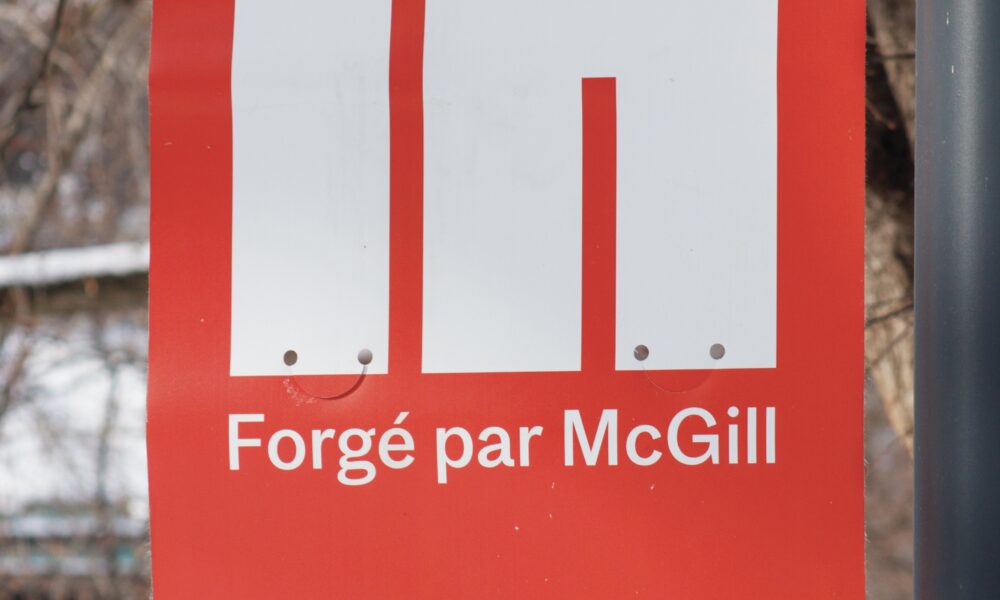Quebec experienced over 3,200 new cases from Jan. 7 to 13, according to the province’s most recent data. This uptick in cases has added strain to the already overburdened healthcare system, which has long wait times and packed emergency rooms at over 100 per cent capacity.
While medical masks and hand sanitizer remain available in most McGill buildings, McGill has eliminated all other health protocols that were previously in place to help counter COVID-19, such as mandatory masking, social distancing, classroom caps, and requirements for classes to be recorded. The Tribune spoke to McGill, the Students’ Society of McGill University (SSMU), and the nursing student representative to the McGill Senate about COVID-19 protocols around campus.
How is McGill handling the rise in cases?
McGill Media Relations Officer, Frédérique Mazerolle, told The Tribune that resources are in place for those who get COVID-19 or are otherwise ill, including consulting an academic advisor about accommodations and ways to complete course material.
“McGill offers many resources to help support students in meeting their academic and personal goals, including the Student Wellness Hub, faculty-specific resources, and other academic resources,” Mazerolle wrote. “If a student becomes ill or otherwise unable to complete academic requirements, the Office of the Dean of Students can help students understand their rights and responsibilities as members of the McGill community and can help explore reasonable ways to alleviate barriers to completing requirements.”
Mazerolle also offered insight on the future of classroom recordings at McGill, explaining that the university’s activities are designed for in-person learning.
“It is important to remember that some instructors may include online resources, assessments, or exams as part of the course materials, however they are not obligated to do so, and that processes around academic accommodation can also vary by faculty,” Mazerolle wrote to The Tribune.
What resources does SSMU provide?
In an email to The Tribune, SSMU Vice-President (VP) Student Life Nadia Dakdouki reaffirmed the student union’s commitment to providing support for students taking precautions against COVID-19. Dakdouki also explained that SSMU offers medical and N95 masks to students at the SSMU office and around the University Centre, as well as hand sanitizer.
“[The SSMU continues] to comply with government regulations regarding COVID, but we also try our best to cater to students who wish to take extra measures.” Dakdouki wrote.“Outside of COVID concerns, SSMU provides most of its healthcare support by offering a health and dental insurance plan and the keep.meSAFE program (for mental health support).”
While Dakdouki confirmed that the SSMU does not stock COVID-19 tests, those with COVID-19-related concerns should be made aware that pharmacies in Quebec distribute them for free to full-time students who are between the ages of 18 and 25.
Do students feel adequately supported?
Naomi Pastrana Mankovitz, U3 Nursing and a nursing senator, feels that McGill’s current protocols are failing to adequately protect vulnerable individuals and to prevent the spread of COVID-19. With experience working in emergency rooms (ERs) throughout nursing rotations, Pastrana Mankovitz also attested to the shortcomings of the government’s current health and safety protocols in hospitals.
“We act as if the pandemic is over, but we just don’t care about those that are more vulnerable to the effects of COVID.” Pastrana Mankovitz wrote. “Wearing a mask is still needed especially during flu seasons. The ERs are chronically over capacity. I am doing my rotation in the ER right now, and a really good day is 125 per cent capacity. McGill is following government and health recommendations, but we can all do better.”








